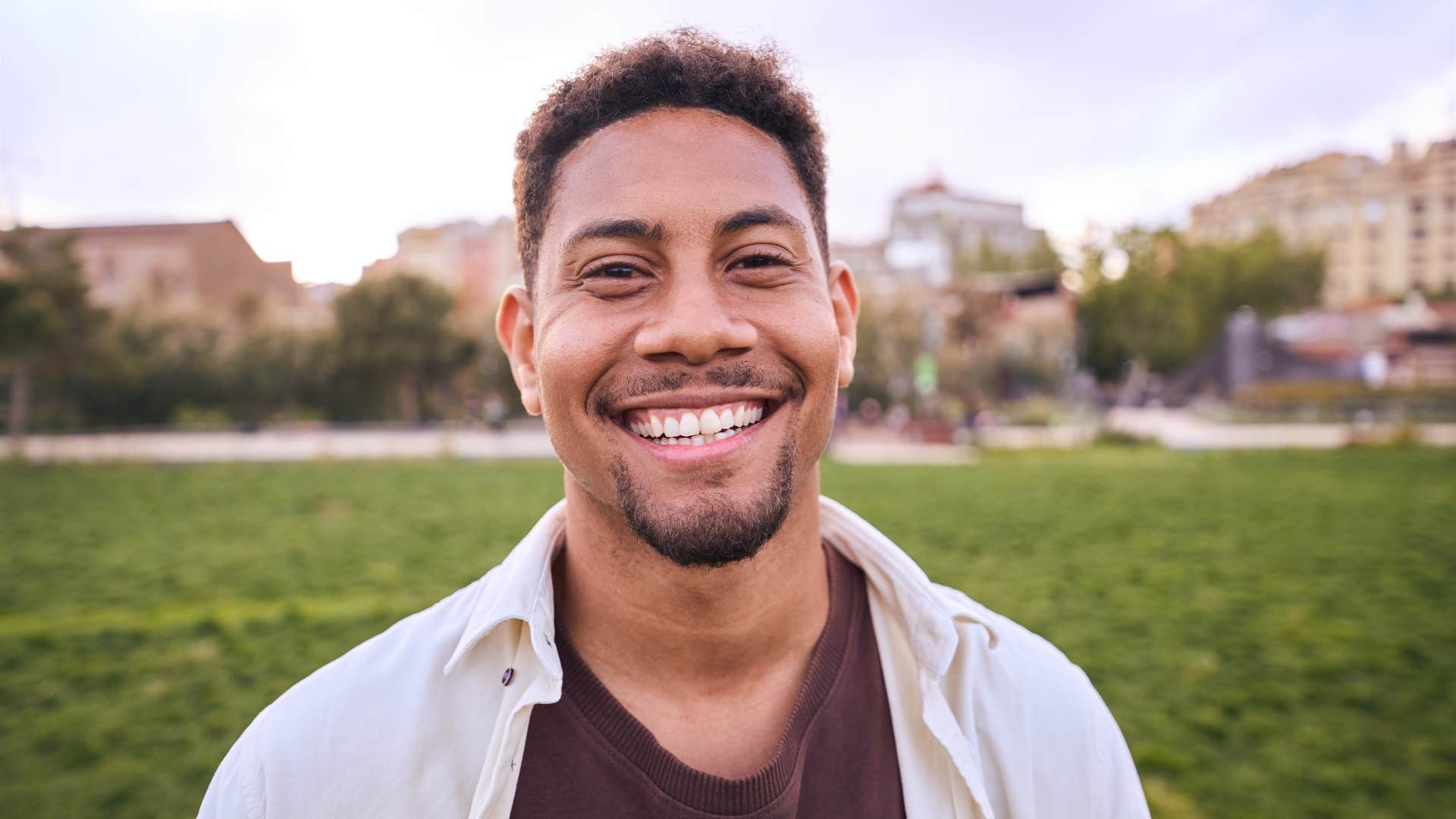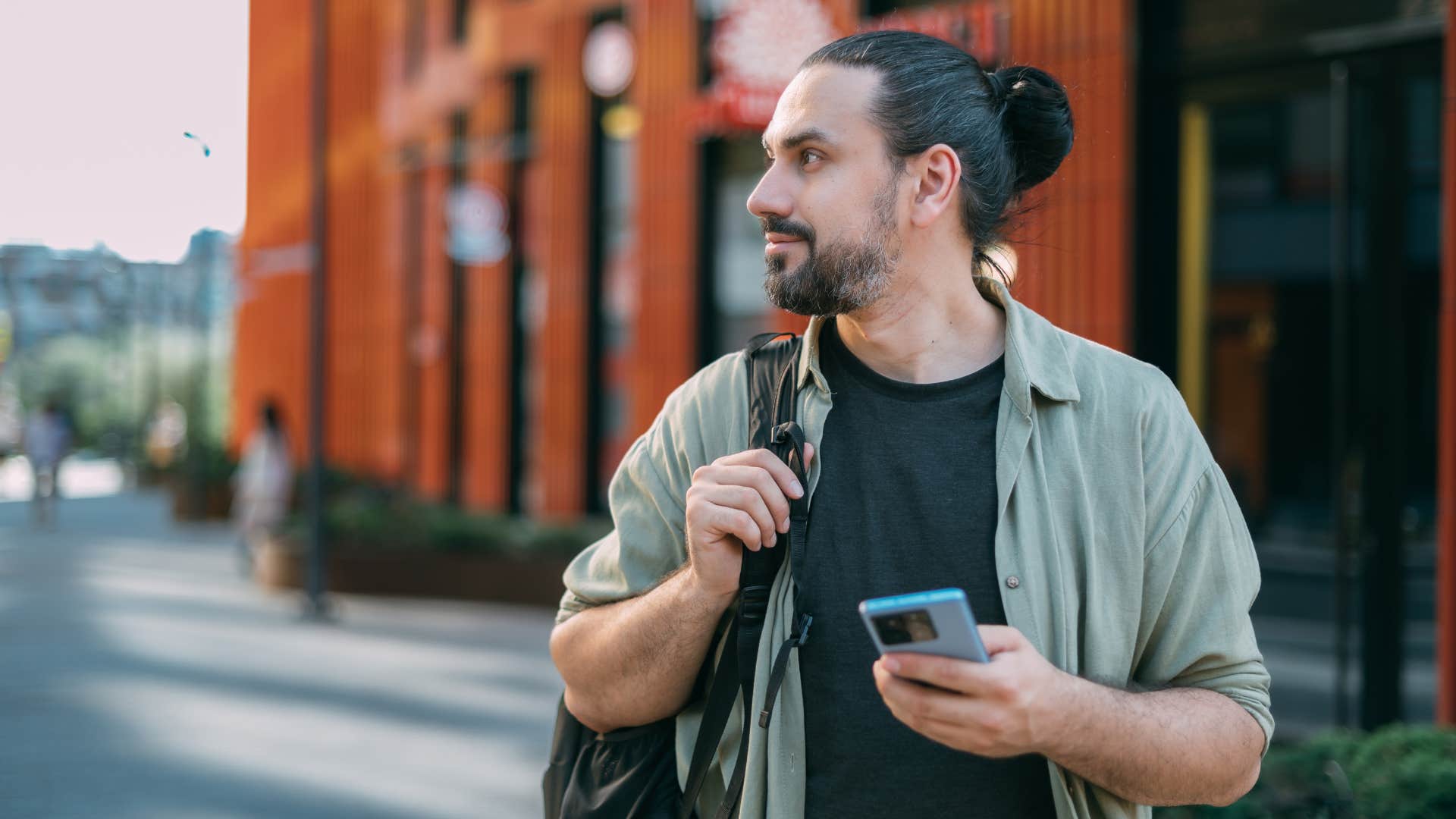People Who Rarely Second-Guess Themselves Have These 9 Habits Hardwired Into Their Brains, According To Psychology
Learning how to trust your instincts is one of the smartest things you can do.
 Los Muertos Crew | Canva
Los Muertos Crew | Canva We've all encountered people who seem to navigate life with unwavering self-assurance and can make decisions without the paralyzing grip of constant doubt. While it might appear they possess some innate gift, the truth is that their confidence stems from specific mental habits that anyone can develop.
By recognizing how confident people structure their thinking, you, too, can begin to rewire your own mental patterns and build the kind of steady self-assurance that makes life feel more manageable and fulfilling. The good news? These habits can eventually become second nature.
People who rarely second-guess themselves have these 9 habits hardwired into their brains, according to psychology:
1. They understand what drives their decisions
 Perfect Wave / Shutterstock
Perfect Wave / Shutterstock
So many of us see others as potential threats because we misinterpret our thoughts. We confuse the source of our stress. We think stress comes from external things and events.
But actually, stress comes from within, depending on how we perceive the world. We can’t feel stress until we’ve made a judgment.
The more we think we are at risk, the more we feel at risk. Simply understanding and absorbing this reality helped me significantly.
A strong understanding of one's own decision-making process is a sign of confidence and is less likely to be associated with chronic second-guessing. Research has found that chronic second-guessing is often linked to insecurity, fear of uncertainty, and anxiety.
2. They aren't scared to make a mistake
 Yuri A / Shutterstock
Yuri A / Shutterstock
An epiphany I had some years ago helped me feel more at ease in situations that previously caused me anxiety and panic. I realized confidence was a fabrication. When we see someone who is seemingly confident, we see two things:
- Experience
- An absence of self-critical thoughts
When I believed a feeling of confidence was necessary to take action, I experienced more pressure. When I dropped the need to feel good, I calmed down. Chronic second-guessing is often driven by the fear of making a mistake.
A 2024 study argued that relying on intuition, which is based on your body's signals and subconscious knowledge, can be more reliable than waiting for a strong gut feeling of confidence. The practice of mindfulness helps you attune to this internal compass, making it easier to trust your instincts.
3. They refuse to let others affect their self-worth
 Zamrznuti tonovi / Shutterstock
Zamrznuti tonovi / Shutterstock
Thinking others have the power to affect our self-esteem or happiness is a powerful belief that has taken hold of many. We connect rejection to some kind of loss.
But we have nothing to lose because self-esteem — like confidence — is a mental construction. No one has the power to decrease or increase our happiness because we can access happiness whenever we like.
People with a strong internal locus of control believe they control their own destiny and life outcomes through their own abilities and efforts. Research has consistently shown that this strong internal locus of control is associated with higher subjective well-being and life satisfaction.
4. They don't chase validation
 Yuri A / Shutterstock
Yuri A / Shutterstock
When we believe that we gain from external validation, our joy is now at the mercy of others. We’re a victim.
One of the most empowering steps you can take is to see that the world doesn’t end when you stop molding your behaviors to please others. Everything gets better.
When you no longer prioritize others' opinions over your own, you can make decisions based on your authentic values and judgment, leading to greater confidence and decisiveness. One study argued that those who don't seek constant validation are more resilient. They understand that setbacks are normal and see failure as feedback rather than a condemnation of their self-worth.
5. They know that people evolve
 fizkes / Shutterstock
fizkes / Shutterstock
Another belief that gets in the way of our authentic joy is assuming the personality we developed in high school is unchanging. But our personality changes throughout the day depending on our state of mind.
We can find peace in realizing we’re introverts or extroverts, but we’re multifaceted humans too. The state of your thoughts determines how you feel and, subsequently, how you behave. The only thing limiting you is how you think about yourself.
6. They have a keen sense of self-awareness
 Prostock-studio / Shutterstock
Prostock-studio / Shutterstock
We make false assumptions when we’re lost in the illusions of unhelpful thoughts. Someone said something that offended you. It made you angry until, a year later, you realized they were right, and you should have listened.
Awareness takes us out of knee-jerk reactions. Awareness is the best form of thought management, freeing you from poor decision-making and unnecessary fear. Awareness is nurtured in the present moment.
Research has indicated that developing keener self-awareness, particularly through mindfulness and metacognition, can significantly reduce second-guessing. By helping you better understand your thought processes, internal bodily cues, and the source of your decisions, this enhanced awareness builds confidence and mitigates self-doubt.
7. They don't buy into their own insecurities
 Perfect Wave / Shutterstock
Perfect Wave / Shutterstock
Insecurities are thoughts about ourselves that make us out to be ‘bad.’ They are always wrong. False beliefs like these can always be rethought.
Say we believed: ‘I am lazy.’ When we find enough evidence to support the opposite of this belief that we can be motivated, and the belief fizzles and dies.
So does our insecurity. You will always find enough evidence to support the opposite of any insecurity you hold.
8. They go easy on themselves
 insta_photos / Shutterstock
insta_photos / Shutterstock
Many of us go through our entire lives carrying the burden of something we did that we judge ourselves for. We feel we have something to hide, and this is stunting.
The solution is to find the compassionate part of you and spend time finding a good reason to forgive yourself. Everyone is doing the best they can, given the thinking they have at any given moment. You are no different.
According to a 2021 study, self-forgiveness directly addresses feelings of guilt, shame, and self-blame, which are at the root of a hypercritical inner voice. The practice of self-compassion, which is key to self-forgiveness, means treating yourself with the same kindness you would a friend who made a mistake.
9. They free themselves from grudges
 fizkes / Shutterstock
fizkes / Shutterstock
The same applies to any resentments you’ve developed over the injustices of others. You can forgive someone. At the very least, you can see their side of the story.
This isn’t to condone the terrible actions of others. But not seeing a way to understand them separates you from a life where you can be more open and free of the weight of a grudge.
Letting go of grudges frees a person from the heavy weight of past hurts, which often holds people back from moving forward with confidence. When someone chooses forgiveness over bitterness, they reclaim their emotional energy and stop giving power to the person or situation that wronged them.
Alex Mathers is a writer and coach who helps you build a money-making personal brand with your knowledge and skills while staying mentally resilient. He's the author of the Mastery Den newsletter, which helps people triple their productivity.

